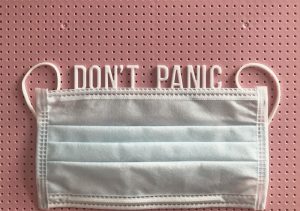Burnout, anxiety, stress, and depression are related but distinct conditions. Here are some key differences:
Burnout
· Burnout is typically related to work or professional settings, often caused by chronic workplace stress.
· It is characterised by emotional exhaustion, reduced performance, and a sense of cynicism or detachment from one’s job.
· While work-related, it doesn’t necessarily involve generalised feelings of anxiety or sadness.
Anxiety
· Anxiety is a general state of uneasiness, often accompanied by excessive worry and fear.
· It can be triggered by various stressors, including work-related stress, but it’s not limited to the workplace.
· Physical symptoms like a racing heart, restlessness, and muscle tension are common in anxiety.
Stress
· Stress is a natural response to a specific stressor, such as a looming deadline or a challenging situation.
· It is typically a short-term reaction and can be both positive (eustress) and negative (distress).
· Stress, when chronic or overwhelming, can contribute to conditions like burnout, anxiety, and depression.
Depression
· Depression is a mood disorder characterised by persistent sadness, loss of interest, and feelings of hopelessness.
· It can be triggered by various factors, including chronic stress, but is not exclusive to any one cause.
· Physical symptoms might include changes in appetite, sleep disturbances, and fatigue.
It’s important to note that these conditions can interact and overlap. Prolonged stress can contribute to both burnout and anxiety, and untreated anxiety or stress can lead to depression.
More resources and insights into burnout can be found on our Oasis Coaches website HERE.











